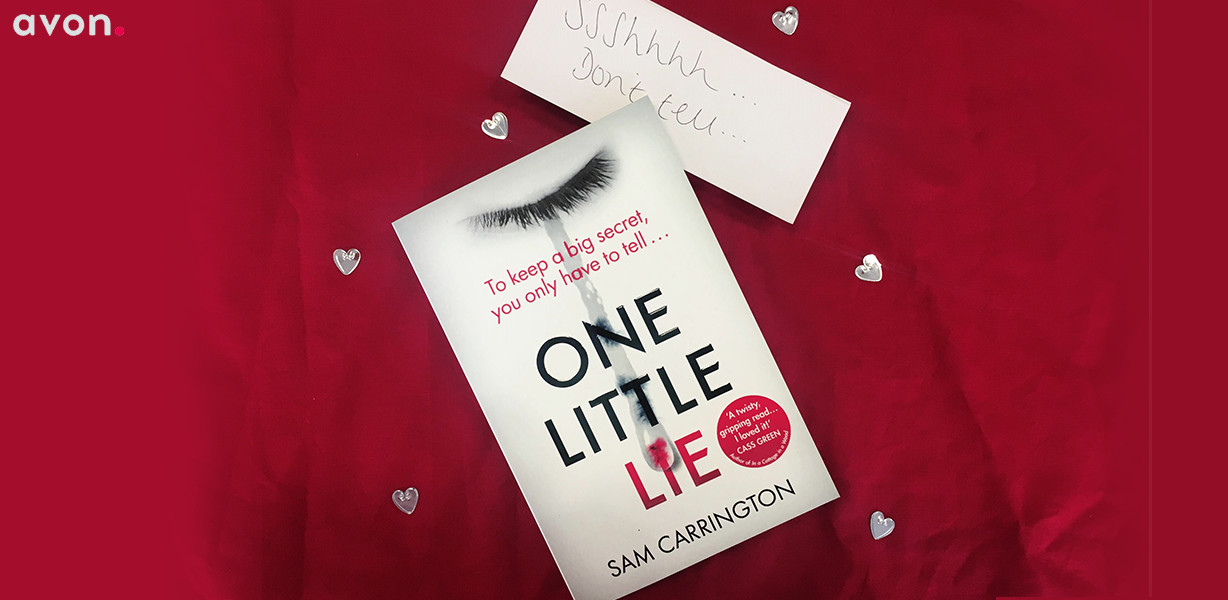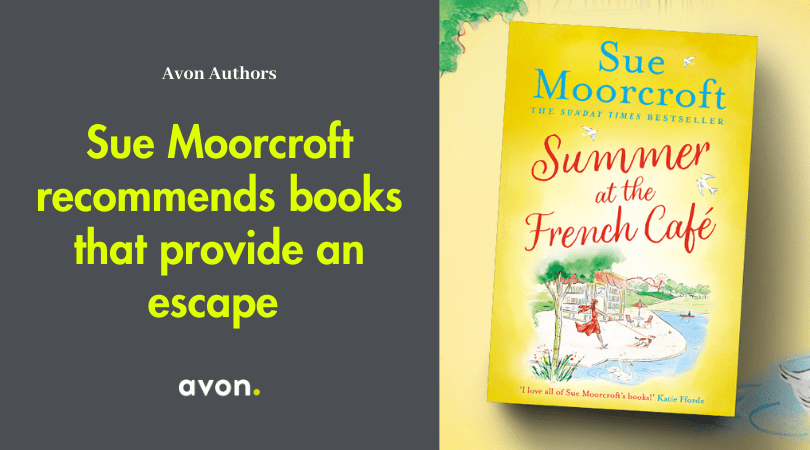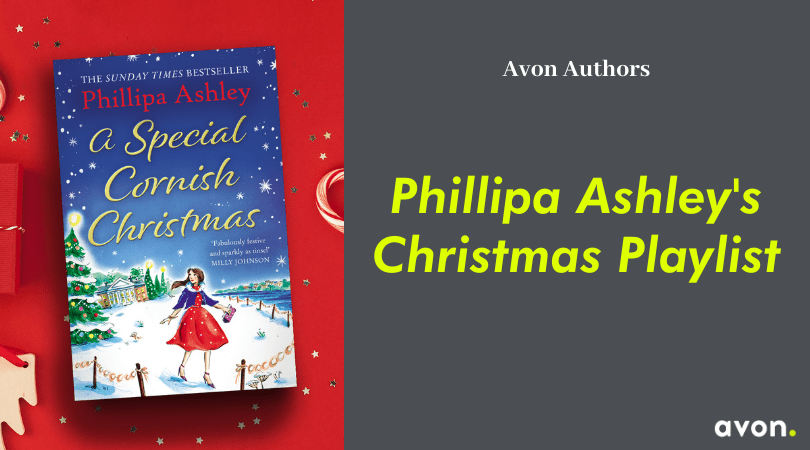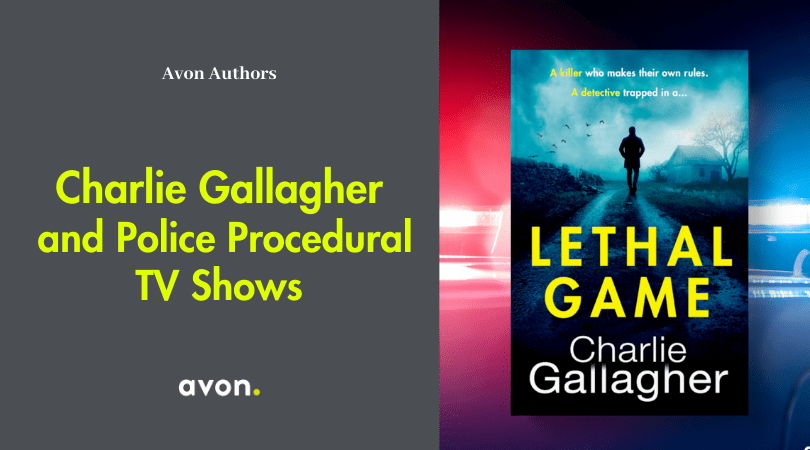As I write this, the publication of One Little Lie is just around the corner and I am getting ready for the chaos, excitement and nerves to kick in. Being a digital-first author, the internet – specifically social media – will be the main focus for me getting the word out, for interacting with readers, bloggers and reviewers, and generally spending copious amounts of time chatting and publicising my book. I enjoy this aspect of being a writer – I think it’s important not only to connect with readers, but with other authors too. I’ve found social media to be a lifeline. During times when I’ve been holed up in my writing room for hours on end – feeling somewhat isolated from the outside world – knowing that other authors in similar positions are a few clicks away is really important. Gaining support, being able to talk about the positives AND negatives about writing (yes, folks, there ARE some!) makes me realise I’m not alone.
However, as with most things, the internet and social media can have a less positive side. While I have found support and friendships, and on the whole enjoy engaging on social media, there are undoubtedly negative effects too.
For example, time spent on social media can affect real-life social interactions, family life and relationships. It can cause stress – I’ve lost count of the Twitterstorms I’ve seen, and they can become nasty, personal and sometimes vindictive – impacting on those experiencing them as well as those who might read the comments. People feel a sense of anonymity and their online persona is free to say what that person might not be so keen to voice in a face-to-face situation. Sadly, trolls are real online, and trolling is a well-known and regular occurrence. In addition, feelings of jealousy, envy, inadequacy and low self-esteem can all come from spending a lot of time scrolling through social media feeds, looking at fabulous photos depicting amazing lifestyles and the perfect family life. Whilst this projected image of perfection might not be the reality – and we all know only the best, rose-tinted (and often filtered) pictures of our lives make it onto social media – it can nonetheless cause you to question your own life, happiness and even the way you look.
The time spent on social media is perhaps the biggest negative I’ve found. I feel I MUST spend huge amounts of time on it – it’s part of my job as a writer. But I know my family hate it at times. ‘Live in the moment, Mum – you don’t have to take a photo for Twitter, Facebook or Instagram!’ My sons regularly say this to me. ‘But I haven’t posted anything for ages,’ is my panicked response. ‘People will forget I exist.’ And so it becomes addictive in a sense; it becomes second-nature to ‘update’ people – friends, followers – on what you’re doing. But I’ve seen young mums on their mobile phones rather than interacting with their children; I’ve missed vital parts of conversation from my own grown-up children because I’ve been too busy trying to keep up with thanking people for retweets. It sounds utterly ridiculous, yet many people are the same.
But it’s not just social media platforms where problems arise; there are a whole host of negative things that can come from online activities.
When I wrote Saving Sophie, internet dating sites were one of the subjects I explored the darker side of, and for my third psychological suspense novel, One Little Lie, the negative effects of online gaming were a key theme. Two years ago I watched the documentary Murder Games: The Life and Death of Breck Bednar, and I was really shocked by the horrific story of how a 14-year-old victim had been groomed through playing online games by an 18-year-old, and consequently lured to his death. Having two boys myself who were both into gaming online at the time, it concerned me how easy it was for something like that to happen. In the documentary, Breck’s mother talked about how she tried to keep an eye on her son’s gaming activity, including who he was interacting with, and she even spoke to the perpetrator several times. When alarm bells rang, she acted on it by taking away her son’s computer. In fact, it struck me when I was watching it that she’d done more than a lot of parents might’ve done in her attempts to keep her son safe online. The impact of this crime stayed with me long after I finished watching it, which is one of the reasons I began writing One Little Lie. I wanted to explore how the mothers of both the victim and the perpetrator might feel. It was a way of also exploring my own fears – I think, as a writer, being able to experience what scares you through writing is cathartic. But most importantly, it also enabled me to have a frank and honest dialogue with my own sons.
For Alice and Deborah, the mothers in One Little Lie, I think it’s safe to say that their experiences of the internet were negative. Writing their stories was an emotional rollercoaster; some of the scenes were harder to write than others because I couldn’t help but think about my own sons.
However, social media for me will – I hope – continue to be the lifeline it’s been so far. I look forward to chatting to readers old and new, bloggers and reviewers, friends and authors. But I’m more confident that I will now approach it in a slightly different way – and I will be more mindful of the time I spend engaging in online social activities as opposed to real life interactions!



